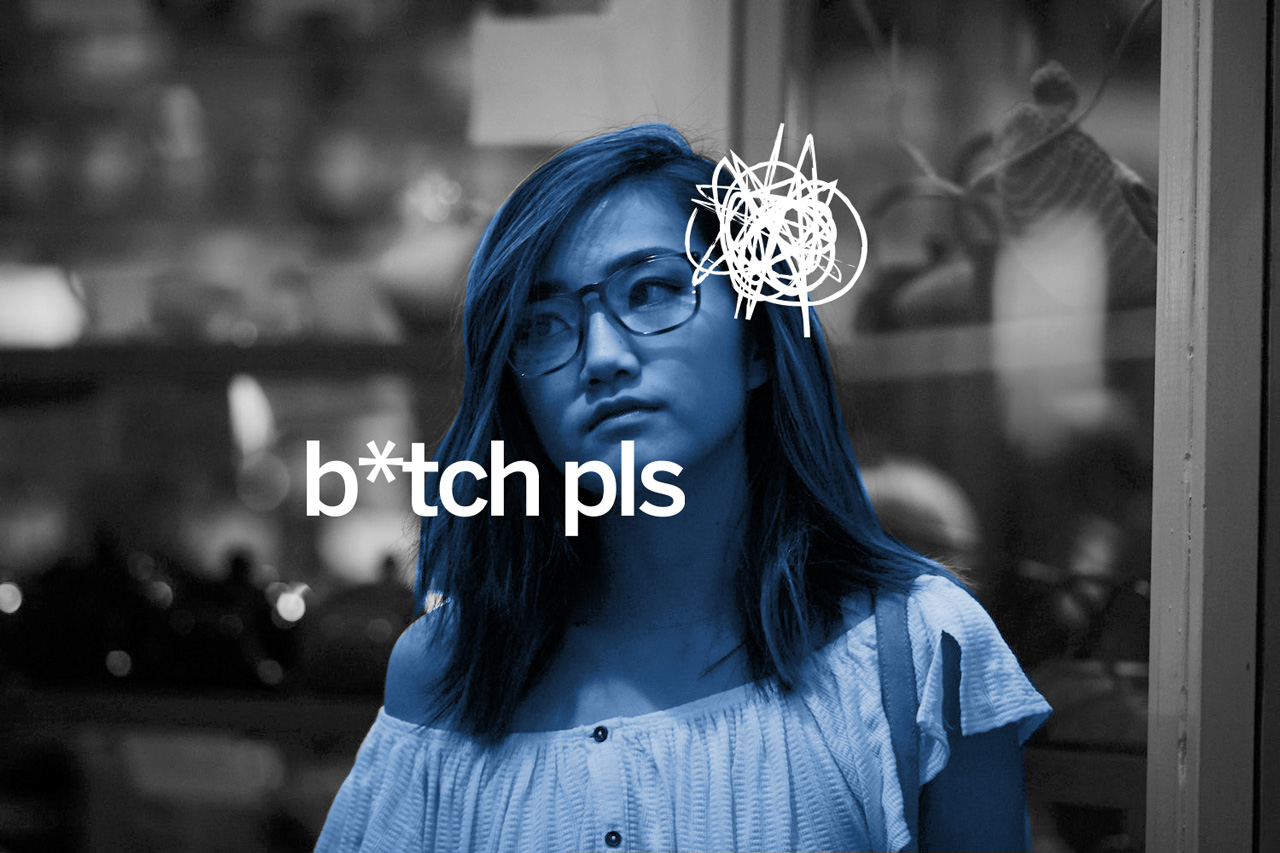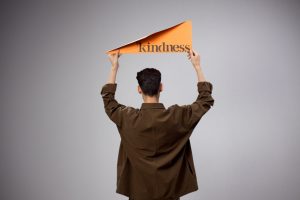I used to be a really mean girl when I was much younger.
Take kindergarten for instance. One time, a girl in my class got on my nerves. The reason: I just didn’t like that she was having too much fun.
In response, I shoved her hard, and she fell face first into the ground. Even as my teacher scolded me for giving the girl bloodied teeth, I felt no sense of remorse. There was only satisfaction.
Then there was primary school, when I spent months picking on another girl who I just happened to not like very much. I would snap her bra strap and tease her for going through puberty early.
Underneath all that teasing was the real reason she bugged me: she was overly earnest, too eager to please, and hopelessly ignorant to the politics of school cliques.
I eventually grew out of this ‘violent phase’, but my mean girl streak didn’t stop.
As a teenager, I would often get into anonymous ‘fights’ on blog tagboards. No one won these arguments, since they eventually died off when one party stopped replying for a day. But that period helped me build up a decent repertoire of ad hominem attacks before I even graduated from secondary school.
In other words, I was a proper bitch.
I’m not proud of who I used to be, but neither am I ashamed. At 28 years of age, I’ve mellowed dramatically, and I don’t retaliate to every damn thing. I recognise and acknowledge my mistakes without having to rely on snarky retorts as much.
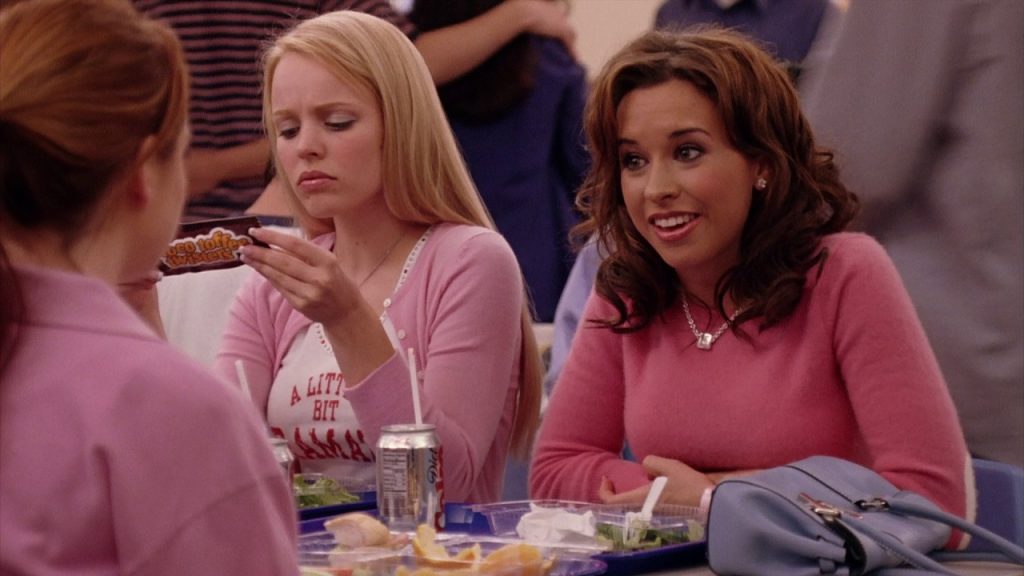
It started with chick flicks, such as Bring It On and The Princess Diaries, which pit girls against each other in a bid for a guy, trophy, or some kind of ‘reward’. But it was really the iconic film Mean Girls that showed an entire generation the power of being the most feared girl in school. Then in recent years, TV hit Gossip Girl entered with its beautiful girls and snide one-liners, reinforcing the message that it’s cool to be unkind.
Every sarcastic remark became a badge of honour that we are proud to brandish. We get street cred by being shady towards people who are outside our ‘inner circle’, and feel smug when friends call us ‘sassy’. We partake in gossip to be ‘in the know’, passing on petty information about the drama of other people’s lives to appear well-informed. We seize all these chances to be irreverent, and find it ‘hilarious’ making jokes out of others’ situations.
At home, the infamous Xiaxue-Dawn Yang catfight from a decade ago showed our obsession with celebrity catfights. We cheered on Xiaxue as she hurled insults Dawn’s way, from “liar” and “hypocrite” to “Plasticzilla”.
And let’s not even get started on the most recent spat between Hong Huifang and Pan Lingling, where we saw how vile women can become when arguments involve their children.
Where we’d previously be reprimanded for displaying any ounce of this behaviour, we are now applauded and even admired. Our peers lap it up.
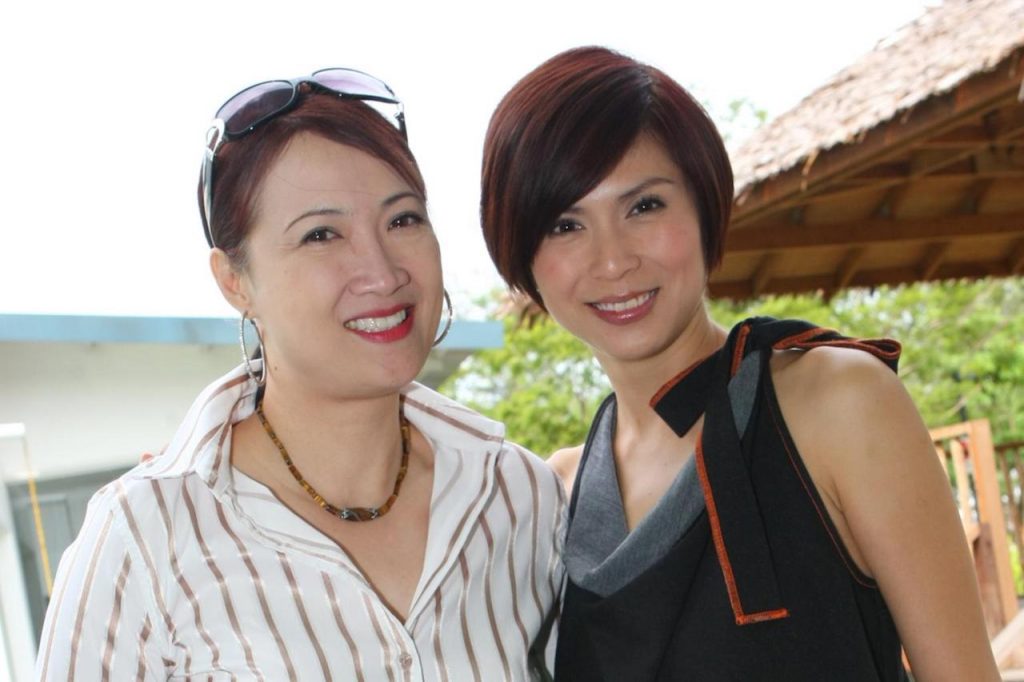
However, the earlier examples only portray the traditional notion of ‘being a bitch’. Society’s perception of bitchiness has evolved—there is now a second understanding of ‘being a bitch’, which some women have had to deal with.
In Singapore, being a bitch often means being a woman who is loud and opinionated. We use pointed language to get our message across, and end up being told to “watch our mouth”. To most people, being a bitch means being disrespectful and rude.
I spoke with three friends, who are most similar to me in personality, to understand situations that paint them as a bitch. They’re all known for being blunt; to the wrong people, this brutal honesty can appear tactless and hurtful.
Min Yan shares that she was once in the middle of complaining about a secondary school mate’s boyfriend when someone in the group retorted, “Well, it’s not like you are the easiest girl to get along with.”
Another friend, Prunella, says she’s gotten into many quarrels in relationships because she doesn’t believe in backing down when she knows she’s not wrong, or when she strongly believes in something.
“I tend to speak my opinions honestly and with conviction. Perhaps some people cannot handle that and take it upon themselves as a personal insult, when really I’m just addressing a situation,” she says.
“Friendship wise, I’ve not spoken to people for months just to let them know I disagree with whatever choice they’re making. But I think my friends do come to me often for advice or a dose of reality.”
I feel that some people who want to own the label go overboard and are straight up nasty to people, while trying to excuse shitty behaviour. It kind of ruins the term for other girls who are opinionated for a good reason.
“Yes it has cost me some painful months, especially if I have to work with these people to get the job done. The thing is, some of my colleagues find it funny that I’m so frank because my emotions just come out.”
From my perspective, nothing about my friends’ behaviour is remotely mean. I’m even inclined to admire them for having the guts to say what’s on their minds.
But I know others would disagree. In all fairness, individuals like my friends might need to be more empathetic to others’ feelings, and adjust their ‘bitchy’ behaviours accordingly. As much as it might pain them to compromise, the only way to make life easier for everyone is to find a way to co-exist harmoniously.
The tricky part is knowing when we stop being kind and start being cruel.
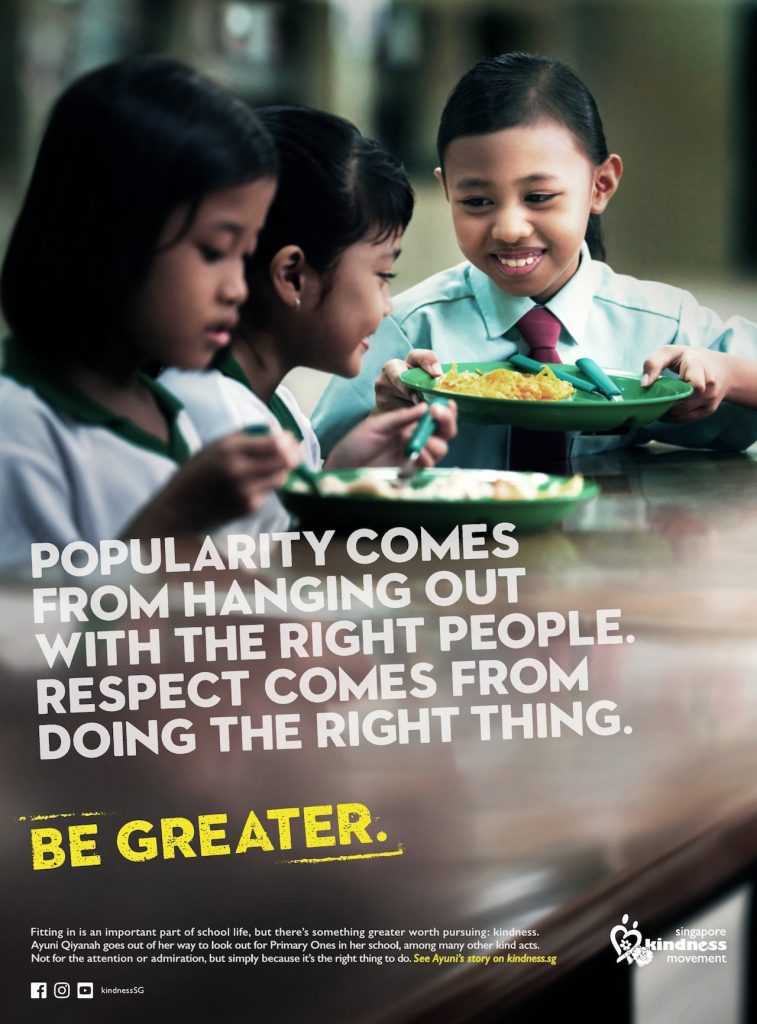
On one hand, some of us possess a flawed idea of kindness. We assume being kind entails withholding our personal opinions, and letting others push us around. On the other, we can rub others the wrong way even when we don’t intend to be nasty.
“There’s a way to be loud and opinionated without being an inconsiderate asshole about other people’s feelings,’ Min Yan tells me.
“I feel that some people who want to own the label go overboard and are straight up nasty to people, while trying to excuse shitty behaviour. It kind of ruins the term for other girls who are opinionated for a good reason.”
In my opinion, a lack of kindness often stems from deeper insecurities. When we lash out with personal attacks, our indignation usually comes from a place of fear and inferiority—we are essentially overcompensating for something we think we’re missing.
In reality, our unkindness simply mirrors our feelings towards ourselves.
Attempting to answer the question in the title, I pose myself another question: if I had a chance to go back in time, would I treat people any differently?
I’d like to give a resounding ‘yes’. Yet without the benefit of hindsight, I don’t know if that would’ve been possible in the first place. If I hadn’t been forgiven for the horrible things I did while growing up, I might not have learnt how to be truly kind.
Having once upon a time been a mean girl taught me that deep kindness is about extending grace to someone who doesn’t deserve it, including yourself. But even before forgiveness, kindness is first about giving people a chance to show us who they are, rather than judging them based on who we think they are.
It requires us to appreciate others when they give us no reason to, and show care without expecting anything in return.
If I had the chance to be nasty to people who once treated me like crap, I hope to never do the same. In fact, I hope I would treat them as kindly as I was once treated, even when I wasn’t the nicest person.
These days, I can still be a bitch when I want to be, but I also do my darndest to pay this same unmerited kindness forward in whatever way I can.
Also, Rui Yin from Class 6C, I’m sorry.
Have something to say? Write in: community@ricemedia.co.

